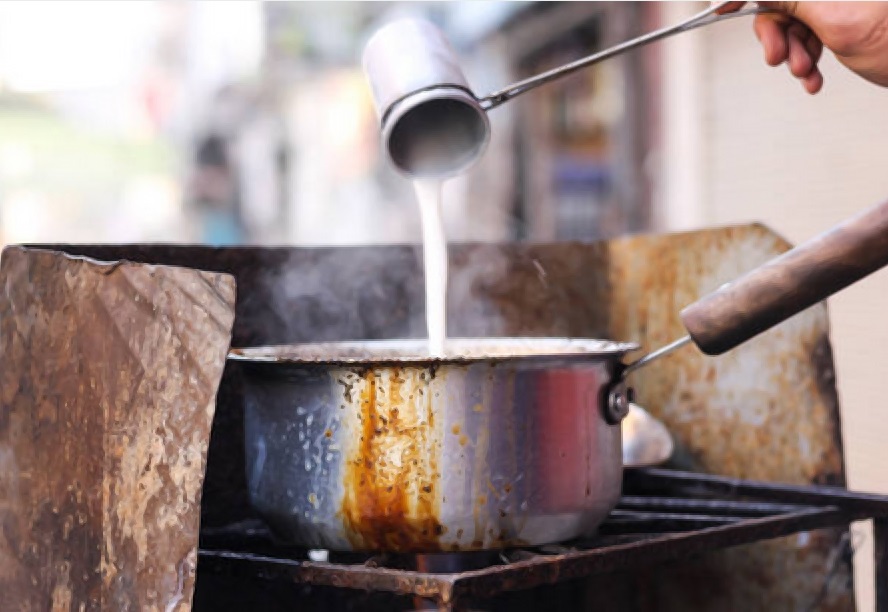- Web Desk
- Feb 19, 2026
Adulteration rampant in milk, yogurt across Lahore
-

- Web Desk
- Dec 10, 2024

LAHORE: Consumers in Lahore expressed frustration over the persistent issue of adulteration in milk and yogurt.
The issue is exacerbated by unprecedented increase in dairy prices, with price of milk and yogurt spiking anywhere by Rs20 to Rs40 per kilogram in different markets.
Read more: Global oil prices rise on Syrian instability, despite weak demand from China
Milk sellers attributed the widespread adulteration to soaring inflation, which they claim has severely squeezed profit margins on unadulterated products.
Along with the steep increase in prices, many consumers reported that the quality of milk was compromised.
Many complained that even though they were paying more, the milk was not “pure”.
On the other hand, the milk vendors argued that the rising costs of raw materials and operational expenses has made it increasingly difficult to sell pure milk at a sustainable price.
Livestock farmers and researchers have begun advocating for a comprehensive national breeding policy. The aim is to improve indigenous livestock breeds.
Many argued that the local breeds were well-adapted to the region’s climate, giving it an edge over commercial breeds and farming practices.
Scientists have long called on the local governments to invest in modern breeding techniques, including cross-breeding and artificial insemination to better local breeds.
They argue that the reliance on imported livestock, that often struggled to adapt to the local hot climate, was not a sustainable or long-term solution.
Previously, Punjab increased its agricultural income tax (ATT) rate to align with the federal income tax levels, some of which reach as high as 45 per cent!
Other provinces were reportedly also mulling similar adjustments in light of conditions set by the International Monetary Fund.
Critics argue that the farmers have long endured unfair taxation due to government measures that favour urban consumers and industrial interests over the agricultural sector.
Read more: Gold prices lifted by China’s buying, Fed rate cut expectations
They claim this has resulted in price controls of key crops and restrictions on the movement and export of agricultural produce.




